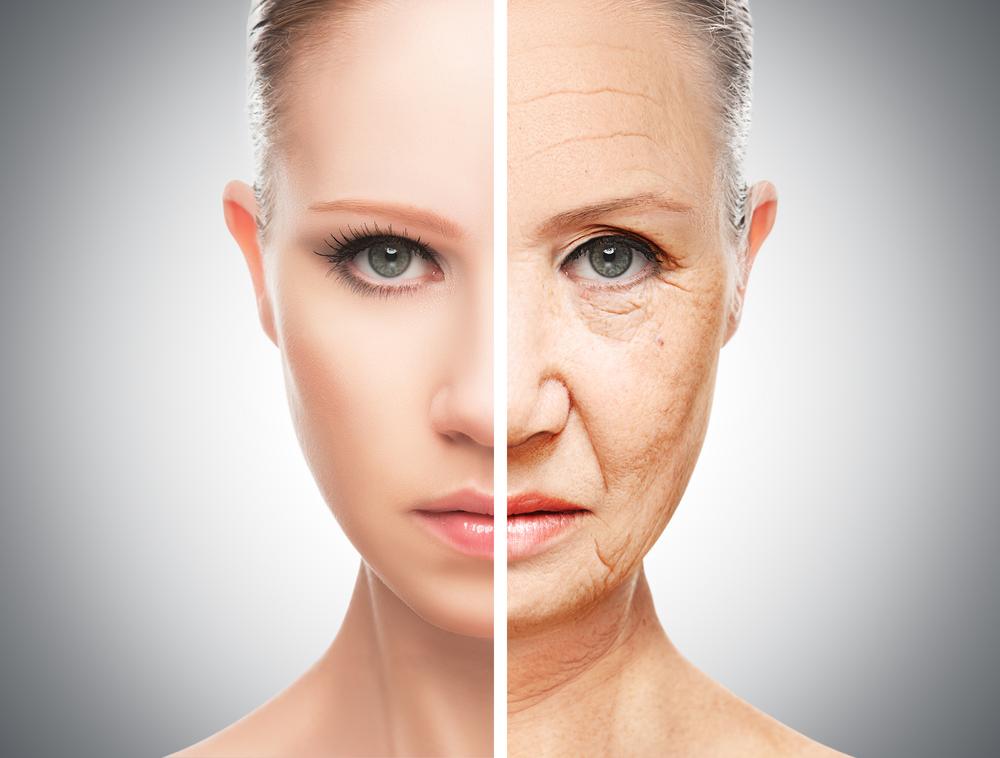As a woman you're only supposed to have six teaspoons of sugar every day, and
that includes any hidden sugars in foods. If you're having lots of sugar without
realizing just how much is entering your body on a daily basis, you're putting
your health and skin at risk. Here's the bitter side of sugar that you need to
know.



Although you often hear about how sugar can cause diabetes, there are many other ways in which it can harm your health and even your appearance. By decreasing your sugar consumption, you prevent illness from striking and ensure that your skin looks radiant and youthful.
(Contributed by Cassie Brewer)
Sugar Fattens Your Organs
It's not just your exterior body that can gain weight when you eat too much sugar. Your internal organs also pack on the pounds. Sugar can cause organs such as your liver to store more amounts of fat. This can lead to non-alcoholic fatty liver disease. The sugar that's the main culprit of this is fructose, found in corn syrup and table sugar. Choose healthy sources of fructose such as fruit as its fibre content helps to prevent sugar's unhealthy effects on your body while offering nutrients and antioxidants that keep your organs healthy.Sugar is Linked to Serious Disease
Although you know about the link between sugar and diabetes, diabetes is linked to other conditions, such as heart disease. By allowing yourself to consume lots of sugar, you're therefore putting your body at risk of both illnesses that can have devastating effects on your health.Sugar Makes You Depressed
A study that monitored 9,000 people's eating habits found that people who ate the most junk food increased their risk of depression by up to 40 percent! Another problem with sugar is that although you might reach for sugary snacks when you need a blast of energy, the opposite tends to happen. Your blood sugar increases quickly but then drops quickly too, which means you'll be tired and moody again in no time.Sugar Makes You Look Older
You might be slathering on quality skincare products every day, but that's not enough to ensure a healthy complexion if you're consuming lots of sugar. Sugar is linked to ageing because it zaps the skin's collagen structures, which means your skin won't be as elastic and firm as you'd like. A process known as glycation is to blame for this. It's when sugar molecules you consume bind themselves to proteins in your skin, breaking them down. Skip the sugar and look more youthful!Sugar Causes Skin to Break Out
Research has found that when people drank a 12-ounce can of soda every day for three weeks, their body's inflammation increased by 87 percent. That's shocking! Sugar is an inflammatory food which means it can trigger inflammation in various ways, such as in the form of acne flare-ups. The worst sugar offenders are foods that are simple carbs, such as fried foods high in saturated fat, ice cream, pizza and processed snacks.Sugar Replaces Essential Nutrients Your Body Needs
People who eat the highest amounts of sugar end up having the lowest amounts of essential nutrients in their bodies, such as Vitamin C, Vitamin B12 and Iron. This is because sugar eliminates and destroys nutrients before the body can properly absorb them, leading to nutrient deficiencies that can cause illness.Sugar Suppresses Your Immune System
Sugar inhibits the cells of the immune system to attack bacteria, meaning that these manage to get into the body where they cause infection and disease. Shockingly, this is not something that happens over time but immediately - sugar suppresses the immune system for a few hours after you consume sugar. So if you’re consuming lots of sugar every day, your immune system is constantly compromised.Sugar Stresses You - And Your Skin
Animal studies on rats have found that when they were given lots of sugar and then had it taken away, the rats displayed signs of anxiety. Sugar is addictive - the more you have, the more you want and you'll feel withdrawal when you don't get it anymore. This not only wreaks havoc on your mental and emotional state, but such anxiety can also cause skin problems to occur because of the release of stress hormones that activate the skin’s oil production. By cutting down on your sugar intake, you keep skin conditions such as eczema and acne under control.Although you often hear about how sugar can cause diabetes, there are many other ways in which it can harm your health and even your appearance. By decreasing your sugar consumption, you prevent illness from striking and ensure that your skin looks radiant and youthful.
(Contributed by Cassie Brewer)
Processed sugar is not good. If you eat it in its natural state (eg. in fruits and vegetables) in moderate amounts it isn't too bad.
ReplyDeleteIf you eat a big bowl of spaghetti or a big bowl of white rice....you're basically eating sugar (at least that's what the body turns it into).
depends onthe moderation
ReplyDeleteif you have some sugar in a diet ballenced with fruits, veggies, meats, and so on,
its just another food.
now if you are eating a large quanity of sugar, yes,
it is harmful
to much sugar can cause teeth decay, diabetes,
mood problems ( when you are on a rush and then drop)
and I am sure there are many more
anything can cause a problem if it is not eaten in moderation
When sugar is eaten, it causes a raid increase in blood sugar level, the energy which sugar releases needs to be used by the body otherwise it is store as fat. This storage of energy as fat is leading to more occurrences of obesity in western societies where adding sugar to processed foods is a common practice. White sugar has no real nutritional value, it has no vitamins, minerals or fibre but it causes the body’s metabolism to become inefficient, producing poor energy levels and fat.
ReplyDeleteSugar has been linked to:-
ReplyDelete-Suppressing the immune system
-Contribute to mood swings in children
-Hypogylcaemia
-Kidney problems
-Increase the risk of coronary heart disease
-Mineral deficiency
-Tooth decay
-Obesity
-Diabetes
-Hypertension
Benefits-
-Fast source of energy
Drawbacks-
-Can be a major facture in causing heart disease, diabetes, obesity and tooth decay